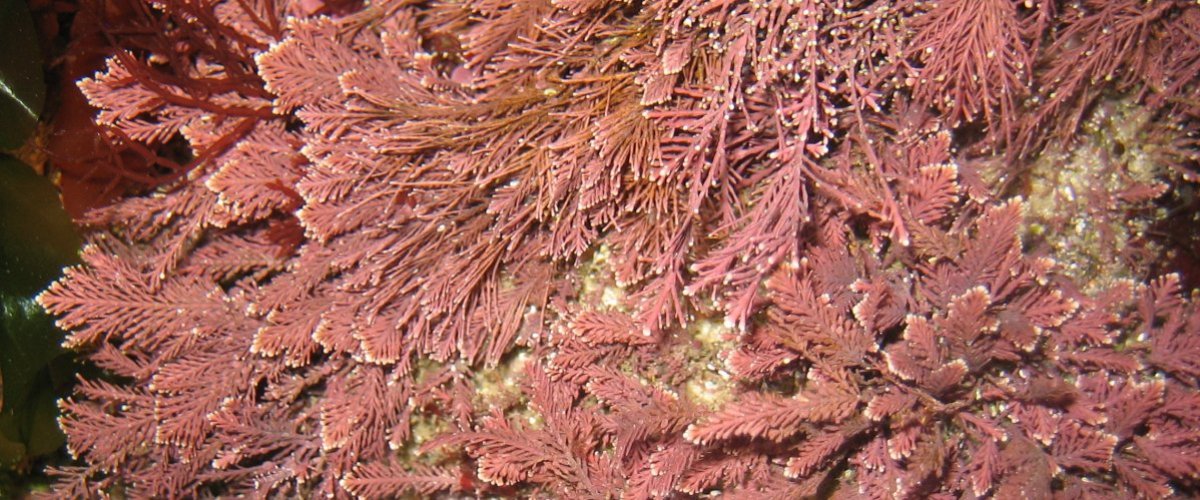


OVERVIEW
The project of EDYCO is structured around 2 Themes:
1- Diversity and functioning of coastal benthic ecosystems
2- Climate-active gases and the effects of global changes on coastal ecosystems
As for Theme 1, the functioning of coastal ecosystems is apprehended on the basis of experimental and / or field approaches. The team's research is organized around 3 main axes: (1) Functional diversity of benthic communities (2) Structure and functioning of food webs and production (3) Impacts of global and local environmental changes on the functional and structural properties of coastal ecosystems.
The work is carried out (1) in a context of low anthropisation (reference area for methodological development, estimation of production budgets, understanding of food web architecture and connectivity between habitats) (2) under conditions of anthropic constraints (port areas, macroalgae harvest areas, habitats submitted to pollutions).
Methodologically the research is based on (1) the analysis of biological traits and metrics related to functional diversity (2) metabolism measurements using benthic chamber (3) natural or enriched stable isotopes measurements for the analysis of trophic interactions.
In the Theme 2, the work is focused on the study of global changes and ocean acidification. Climate-active gas exchanges between ocean and atmosphere are measured to determine the ocean's ability to store or emit greenhouse gases (carbon dioxide CO2, methane CH4). A good knowledge of processes controlling these flows at the air-sea interface is essential to predict the intensity of future global warming and its impact on climate change. The purpose of this work is to reduce uncertainties in the estimation of these fluxes in coastal systems by studying the different mechanisms controlling them via the biological and the physical pumps and to determine which regions of the ocean are able to absorb or reject CO2 and/or CH4.
The combined effects of ocean acidification, warming, and local impacts on benthic communities and biotic interactions are investigated through a field approach (maerl banks, rock pools) and an experimental approach within mesocosms and involving multi-specific complexes.
As part of the observation activities of the Roscoff Biological Station, the team is actively involved in the scientific coordination and exploitation of data from temporal monitoring of biogeochemical parameters in the Roscoff region (Estacade and Astan points) of SNO SOMLIT and COAST-HF, and monitoring of the subtidal and intertidal benthic communities.